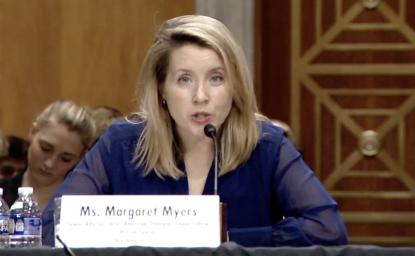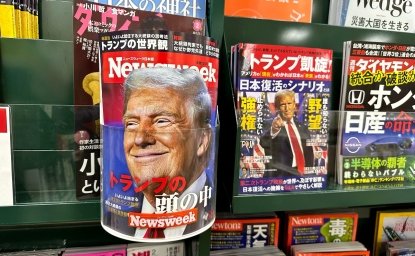Washington, D.C.—A new study published by the Woodrow Wilson International Center for Scholars features a proposal for resolving the nuclear crisis with North Korea as part of a broader examination of regional energy cooperation in Northeast Asia.
Wilson Center Senior Scholar Selig S. Harrison argues that the United States can get North Korea to dismantle its nuclear weapons program under adequate inspection safeguards—but only as part of a broader agreement centering on assistance in resolving the energy crisis that has paralyzed the North Korean economy.
Harrison advocates U.S. support for a natural gas pipeline running from Russia’s Sakhalin Island through North Korea to South Korea. North Korea views Sakhalin gas as the key to its economic survival. But U.S. firm Exxon-Mobil controls the most accessible Sakhalin gas reserves and will not build the pipeline, Harrison says, without White House approval.
Asked about the Exxon-Mobil pipeline concept at a Seoul press conference on January 14, Assistant Secretary of State James Kelly said, “Once we can get beyond the issue of nuclear weapons, there may be opportunities with the United States, with private investors, with other countries, to help North Korea in the energy area.”
Key elements of the Harrison proposal include:
· North Korea would remain bound by existing provisions of the 1994 Agreed Framework freezing its plutonium production facilities, and would agree to incorporate new provisions providing for the dismantlement of its uranium enrichment program under adequate inspection safeguards.
· In a renegotiated Agreed Framework, the United States and other members of the Korean Peninsula Energy Development Organization (KEDO) would be required to build only one of the two light water reactors for electricity generation envisaged in the 1994 accord.
· The United States would withdraw its opposition to the participation of Exxon-Mobil in the development of a gas pipeline from its Sakhalin concession through North Korea to South Korea.
· North Korea would receive royalties for permitting the pipeline to pass through its territory.
· The United States would support investment guarantees and multilateral credits for the construction of gas-fired power stations and fertilizer plants in North Korea linked to the pipeline and for transmission grids that would distribute electric power there.
· North Korea and the United States would make a joint declaration pledging not to attack each other with nuclear or conventional weapons.
Harrison is Director of the new Project on Oil and Gas Cooperation in Northeast Asia, funded by the U.S. Department of Energy and sponsored by the Wilson Center. He is a former Washington Post Bureau Chief in Northeast Asia and the author of six books on Asia, including Korean Endgame (Princeton).
For further information, contact Mr. Harrison at sharrison@ciponline.org or (202) 232- 3317, extension 121.




